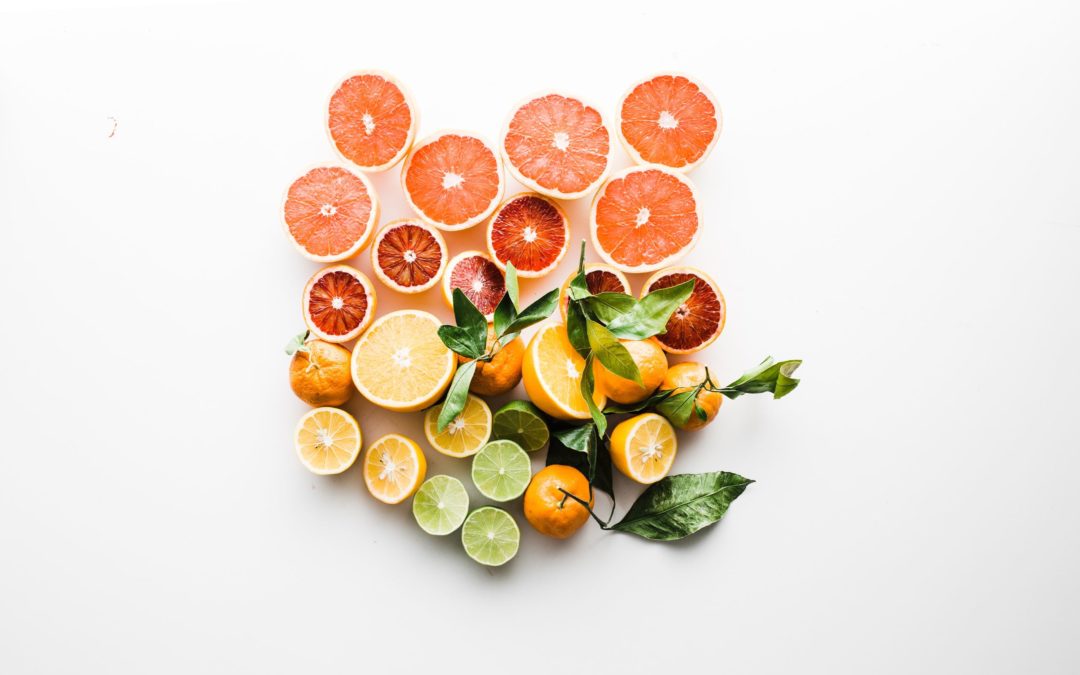Just as there is no magic pill to prevent cognitive decline, no single almighty brain food can ensure a sharp brain as you age. Nutritionists emphasize that the most important strategy is to follow a healthy dietary pattern that includes a lot of fruits, vegetables, legumes, and whole grains. Try to get protein from plant sources and fish and choose healthy fats, such as olive oil or canola, rather than saturated fats. Research shows that the best brain foods are the same ones that protect your heart and blood vessels, including the following:
Fatty Fish
Fatty fish are huge sources of omega-3 fatty acids, healthy unsaturated fats that have been linked to lower blood levels of beta-amyloid—the protein that forms damaging clumps in the brains of people with Alzheimer’s disease. If you’re not a fan of fish, ask your doctor about taking an omega-3 supplement, or choose terrestrial omega-3 sources such as flaxseeds, avocados, and walnuts.
Tea and Coffee
According to Harvard Health, the caffeine in your morning cup of coffee or tea might offer more than just a short-term concentration boost. In a 2014 study published in The Journal of Nutrition, participants with higher caffeine consumption scored better on tests of mental function. Caffeine might also help solidify new memories, according to other research. Investigators at Johns Hopkins University asked participants to study a series of images and then take either a placebo or a 200-milligram caffeine tablet. More members of the caffeine group were able to correctly identify the images on the following day.
Oranges
Oranges and other foods that are high in vitamin C can help defend your brain against damage from free radicals. Studies have shown that vitamin C is a key factor in preventing mental decline and eating sufficient amounts of vitamin C-rich foods can protect against age-related mental decline and Alzheimer’s disease. You can get all the vitamin C you need in a day by eating one medium orange and you can also get excellent amounts of vitamin C from bell peppers, guava, kiwi, tomatoes, and strawberries.
Berries
Many berries contain flavonoid antioxidants. Research suggests that these may make the berries good food for the brain. Antioxidants help by reducing inflammation and oxidative stress. The antioxidants in berries include anthocyanin, caffeic acid, catechin, and quercetin.
A 2014 review notes that the antioxidant compounds in berries have many positive effects on the brain, including:
- improving communication between brain cells
- reducing inflammation throughout the body
- increasing plasticity, which helps brain cells form new connections, boosting learning and memory
- reducing or delaying age-related neurodegenerative diseases and cognitive decline
Leafy Vegetables
Leafy greens such as kale, spinach, collards, and broccoli are rich in brain-healthy nutrients like vitamin K, lutein, folate, and beta carotene. Research suggests these plant-based foods may help slow cognitive decline.
Incorporating many of these foods into a healthy diet on a regular basis can improve the health of your brain, which could translate into better mental function. We encourage you to speak to a nutritionist to implement a healthier eating plan for cognitive impairment.
